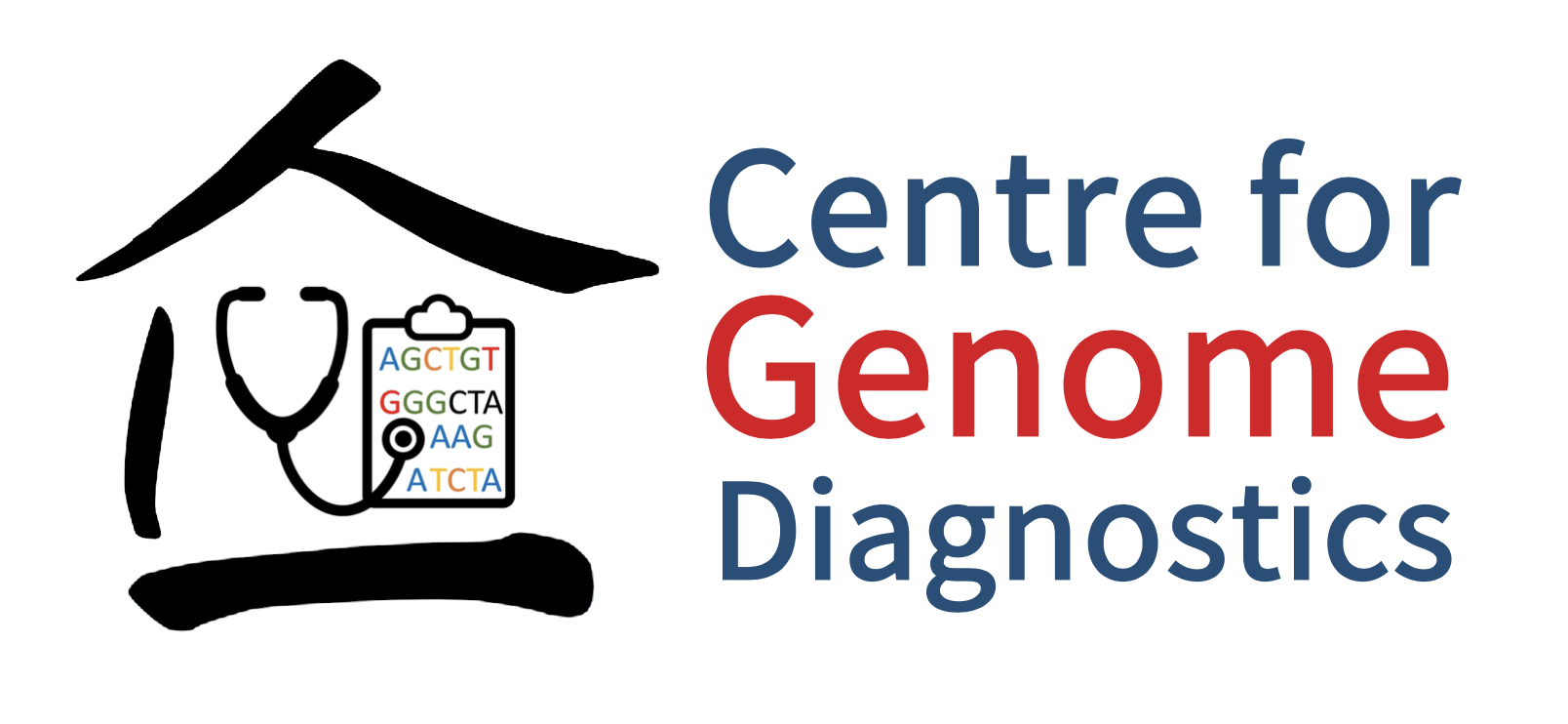POLARIS Somatic Cancer Panel Test
What is the POLARIS Somatic Cancer Panel TEST?
The POLARIS Somatic Cancer Panel is a laboratory-developed test that provides sequencing data using a custom Next Generation Sequencing (NGS) technology-based workflow. Launched in 2019, this focused cancer panel covers the testing and analysis of less than 70 genes from Lung, Breast, Prostate and colon cancer samples. Sequencing data is processed using a custom POLARIS® Bioinformatics Pipeline, which involves sequence alignment to human reference assembly, data processing and variant calling using a standard genome analysis tool kit.
How are test requestors assured of the quality of the POLARIS Somatic Cancer Panel Test?
The POLARIS Somatic Cancer Panel was developed and validated in accordance with the College of American Pathologists (CAP) and Ministry of Health (MOH), Singapore, guidelines, within the CAP-accredited and PHMC licenced POLARIS Laboratory at Genome Institute of Singapore (POLARIS@GIS). Sequencing data generated is subject to POLARIS®’ custom Bioinformatics Pipeline, where an interdisciplinary team proceeds with variant annotation, curation, and tier-based classification of the detected variants. Upon completion of analysis, the Clinical Director verifies the results and releases the clinical report within 15 working days after sample receipt.
How will the POLARIS Somatic Cancer Panel Test results affect diagnosis and treatment options?
The POLARIS® Somatic Cancer Panel is validated to provide a comprehensive coverage of Lung, Breast, Prostate and colon cancer with more than 95% of the target bases covered at ≥ 250X coverage and an average sequencing depth of ≥ 1000X. It can detect single nucleotide variations (SNVs) and small insertions and deletions (Indels), thus providing a global view of genomic alterations in a single test. This test is intended to assist in the detection of actionable mutations with well-documented clinical utility in several cancers. The mutation status of each of these genes is used to predict the efficacy of existing molecular therapy in cancer.
Please email us for more information.
A*STAR celebrates International Women's Day

From groundbreaking discoveries to cutting-edge research, our researchers are empowering the next generation of female science, technology, engineering and mathematics (STEM) leaders.
Get inspired by our #WomeninSTEM

